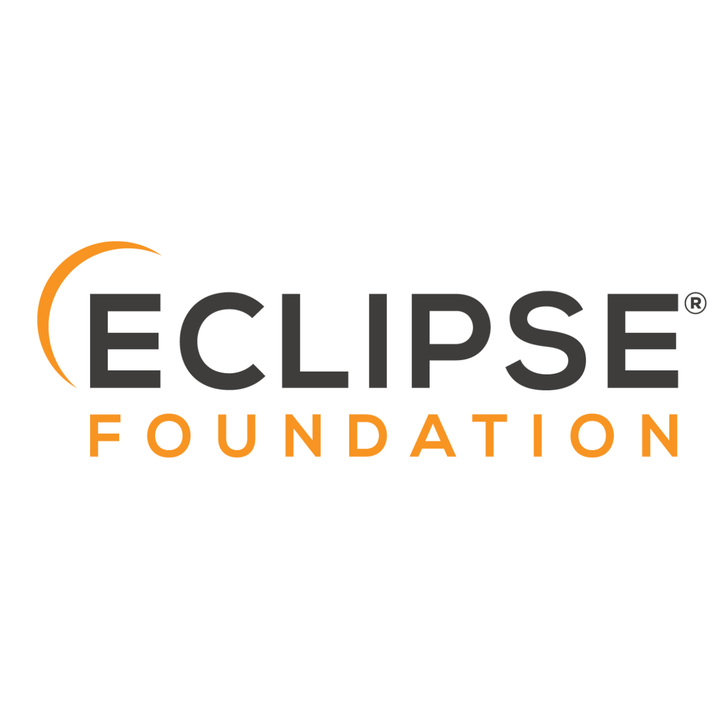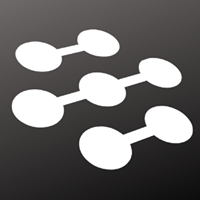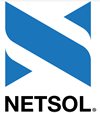The Future of Software Development: AI-Powered Innovations Reshape the Landscape
March 14, 2025, 5:06 am

Location: Canada, Ontario, Ottawa
Employees: 11-50
Founded date: 2004
Total raised: $15M

Location: United States, California, Los Angeles
Employees: 51-200
Founded date: 2018
Total raised: $67.6M

Location: United States, California, Calabasas
Employees: 1001-5000
Founded date: 1997
The world of software development is evolving at breakneck speed. Two recent announcements from LinearB and the Eclipse Foundation illustrate this transformation. Both companies are harnessing the power of artificial intelligence (AI) to streamline workflows, enhance productivity, and give developers unprecedented control over their tools. This article explores these innovations and their implications for the future of software engineering.
In the digital age, speed is king. Developers are under constant pressure to deliver high-quality software quickly. Enter AI, the game-changer. LinearB has launched a core platform update that introduces AI-powered workflow automation. This update is designed to optimize software development processes, from code reviews to project forecasting. Imagine a world where mundane tasks are automated, allowing developers to focus on what they do best: creating.
LinearB's latest features include Automatic PR Descriptions. This tool generates summaries of code changes automatically, saving developers from the tedious task of writing them manually. It's like having a personal assistant who knows your work inside and out. Additionally, the AskAI plugin allows teams to integrate their GPT services into pull request workflows. This flexibility means developers can tailor AI to fit their unique processes, much like customizing a suit to fit perfectly.
But the innovations don’t stop there. LinearB has also introduced a Developer Coaching Dashboard. This tool provides a comprehensive view of developer experience and productivity. It tracks knowledge areas, coding language distribution, and developer experience metrics. Think of it as a fitness tracker for software teams, helping them identify strengths and areas for improvement. Engineering leaders can now make data-driven decisions to enhance team performance.
On the other side of the spectrum, the Eclipse Foundation has unveiled Theia AI, an open-source framework that empowers developers to integrate AI into their tools and Integrated Development Environments (IDEs). This is a significant shift from proprietary platforms that often lock developers into rigid ecosystems. Theia AI puts the power back in the hands of developers, allowing them to choose the Large Language Models (LLMs) that best suit their needs. It’s like giving a chef the freedom to select their ingredients, ensuring the final dish is tailored to perfection.
Theia AI’s open framework enables tool builders to create customized AI capabilities. Developers can design their user experiences, whether through interactive chat interfaces or AI-enhanced code editors. This level of customization is revolutionary. It allows for the creation of tools that are not only functional but also intuitive and aligned with specific workflows. Theia AI streamlines the complex process of AI integration, making it accessible to all developers, regardless of their technical background.
The AI-powered Theia IDE, built on the Theia AI framework, further revolutionizes developer workflows. It introduces intelligent coding agents and context-sensitive assistants that enhance productivity. Imagine having a co-pilot who anticipates your needs and offers suggestions in real-time. Developers can connect to any AI model—cloud-hosted, self-hosted, or local—ensuring they maintain control over their tools and data. This flexibility is crucial in a rapidly changing technological landscape.
Moreover, Theia IDE integrates with external tools and contextual data, enhancing automation and interoperability. This means developers can create seamless workflows that connect various services, much like a conductor leading an orchestra. Each tool plays its part, creating a harmonious development environment.
One of the standout features of Theia AI is its commitment to open-source principles. The integration of SCANOSS allows developers to analyze AI-generated code for open-source licensing compliance. This feature mitigates legal risks, ensuring that developers can innovate without fear of repercussions. It’s a safety net in a world where the lines between proprietary and open-source software are increasingly blurred.
Both LinearB and Theia AI emphasize transparency and control. Developers are no longer passive users of technology; they are active participants in shaping their tools. This shift fosters a culture of collaboration and innovation. By working in the open, developers can refine and extend AI capabilities, ensuring continuous improvement.
As we look to the future, the implications of these advancements are profound. AI is not just a tool; it’s a partner in the development process. It enhances productivity, reduces friction, and empowers developers to focus on creativity and problem-solving. The landscape of software development is changing, and those who embrace these innovations will lead the charge.
In conclusion, the announcements from LinearB and the Eclipse Foundation mark a pivotal moment in software development. AI-powered innovations are reshaping workflows, enhancing productivity, and giving developers unprecedented control. As these technologies continue to evolve, they will redefine what it means to be a software engineer. The future is bright, and it’s powered by AI. Embrace it, and watch as the possibilities unfold.
In the digital age, speed is king. Developers are under constant pressure to deliver high-quality software quickly. Enter AI, the game-changer. LinearB has launched a core platform update that introduces AI-powered workflow automation. This update is designed to optimize software development processes, from code reviews to project forecasting. Imagine a world where mundane tasks are automated, allowing developers to focus on what they do best: creating.
LinearB's latest features include Automatic PR Descriptions. This tool generates summaries of code changes automatically, saving developers from the tedious task of writing them manually. It's like having a personal assistant who knows your work inside and out. Additionally, the AskAI plugin allows teams to integrate their GPT services into pull request workflows. This flexibility means developers can tailor AI to fit their unique processes, much like customizing a suit to fit perfectly.
But the innovations don’t stop there. LinearB has also introduced a Developer Coaching Dashboard. This tool provides a comprehensive view of developer experience and productivity. It tracks knowledge areas, coding language distribution, and developer experience metrics. Think of it as a fitness tracker for software teams, helping them identify strengths and areas for improvement. Engineering leaders can now make data-driven decisions to enhance team performance.
On the other side of the spectrum, the Eclipse Foundation has unveiled Theia AI, an open-source framework that empowers developers to integrate AI into their tools and Integrated Development Environments (IDEs). This is a significant shift from proprietary platforms that often lock developers into rigid ecosystems. Theia AI puts the power back in the hands of developers, allowing them to choose the Large Language Models (LLMs) that best suit their needs. It’s like giving a chef the freedom to select their ingredients, ensuring the final dish is tailored to perfection.
Theia AI’s open framework enables tool builders to create customized AI capabilities. Developers can design their user experiences, whether through interactive chat interfaces or AI-enhanced code editors. This level of customization is revolutionary. It allows for the creation of tools that are not only functional but also intuitive and aligned with specific workflows. Theia AI streamlines the complex process of AI integration, making it accessible to all developers, regardless of their technical background.
The AI-powered Theia IDE, built on the Theia AI framework, further revolutionizes developer workflows. It introduces intelligent coding agents and context-sensitive assistants that enhance productivity. Imagine having a co-pilot who anticipates your needs and offers suggestions in real-time. Developers can connect to any AI model—cloud-hosted, self-hosted, or local—ensuring they maintain control over their tools and data. This flexibility is crucial in a rapidly changing technological landscape.
Moreover, Theia IDE integrates with external tools and contextual data, enhancing automation and interoperability. This means developers can create seamless workflows that connect various services, much like a conductor leading an orchestra. Each tool plays its part, creating a harmonious development environment.
One of the standout features of Theia AI is its commitment to open-source principles. The integration of SCANOSS allows developers to analyze AI-generated code for open-source licensing compliance. This feature mitigates legal risks, ensuring that developers can innovate without fear of repercussions. It’s a safety net in a world where the lines between proprietary and open-source software are increasingly blurred.
Both LinearB and Theia AI emphasize transparency and control. Developers are no longer passive users of technology; they are active participants in shaping their tools. This shift fosters a culture of collaboration and innovation. By working in the open, developers can refine and extend AI capabilities, ensuring continuous improvement.
As we look to the future, the implications of these advancements are profound. AI is not just a tool; it’s a partner in the development process. It enhances productivity, reduces friction, and empowers developers to focus on creativity and problem-solving. The landscape of software development is changing, and those who embrace these innovations will lead the charge.
In conclusion, the announcements from LinearB and the Eclipse Foundation mark a pivotal moment in software development. AI-powered innovations are reshaping workflows, enhancing productivity, and giving developers unprecedented control. As these technologies continue to evolve, they will redefine what it means to be a software engineer. The future is bright, and it’s powered by AI. Embrace it, and watch as the possibilities unfold.